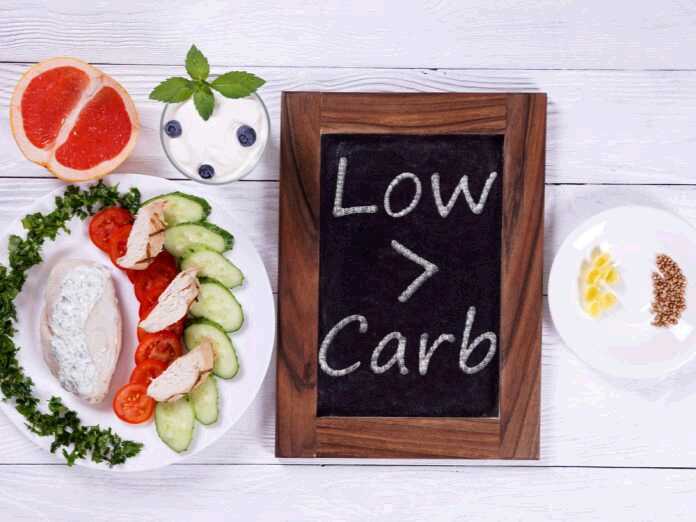
Low-fat diets and low carb diets, which masquerade under various names from the Paleo diet to the New Atkins diet to the Dukan diet, are some of the most popular diets in the world. Everyone has an opinion of one or the other, and the debate over which diet is better for weight loss rages on. But a new study from Stanford University may have just put this debate to rest.
Which is Better? Low Carb Versus Low Fat
In the study, Stanford researchers followed 609 participants. The men and women in the study were between the ages of 18 to 50 and evenly split between genders.
The group was split randomly between a low-carb diet and a low-fat diet, and they had to follow each diet philosophy for a whole 12 months.
The people on the low-carb diet ate no more than 20 grams of carbs per day (essentially the equivalent of one and a half slices of whole wheat bread). The participants following a low-fat diet were also limited to 20 grams of fat (what you’d find in a handful of nuts).
Over the year-long study, Stanford University’s team checked on the participants constantly, watching for several key measurements:
- Total weight
- Body composition (i.e. fat and lean muscle mass)
- Blood sugar
What Were the Results?
By the end of the year-long, both the low-fat group and the low-carb group lost the same amount of weight: An average of 13 pounds per person.
And while some people broke the average (some people gained as much as 20 pounds, and some people lost as much as 60 pounds), the university saw no clear pattern or association between health results and the diet itself.
How Does That Apply to Your Weight Loss Journey?
This study has a few takeaways. First, choose a diet that you enjoy the most. Don’t worry whether low fat is “better” than low carb or vice versa. The more you enjoy a diet, the more likely you are to stick with it. And sticking with a diet consistently is the key for true, sustained weight loss and health.
Second, the researchers noted that there were some key commonalities between both diets:
- Eat less added sugar
- Eat more plant-based meals
- Avoid refined grains
- Eat more whole foods
By applying these basic principles, no matter what diet you choose, you’ll see healthier results in your body.































